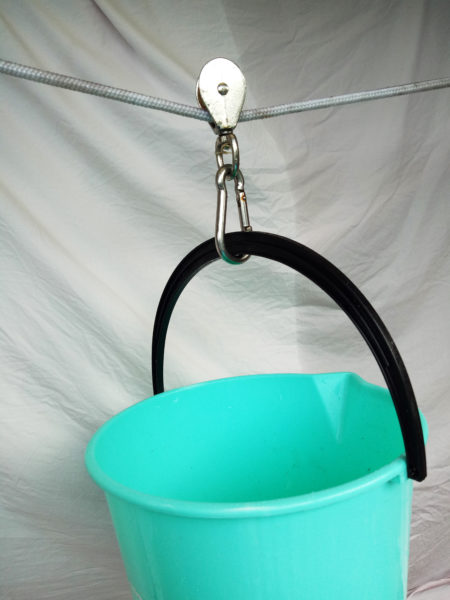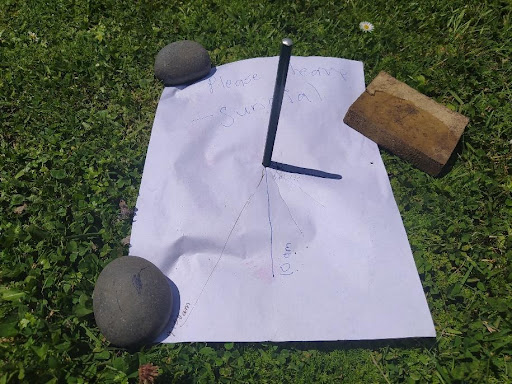May 16: The Rena accident
Nearly ten years ago the Rena slammed into Astrolabe Reef. What can we learn from that tragedy?
Below are some talking points and activities to pass the time, all relating to today’s story.
Talking points
Discuss the ideas presented in the story with your family—at home or over video conferencing. Find ways to involve as many people as possible, especially those who you know are isolated by the lock-down.
- The article starts with the writer visiting a virtual learning room where ship captains undergo training. The facilitator “dials up a storm” and visibility on the screen is reduced to near-zero. What do you think of this method of training? Does it sound like a good way to learn? How else do you think ship captains train for their jobs? Does being a captain or officer on a ship sound like a fun job to you or not?
- When the Rena hit Astrolabe Reef, she was damaged and 350 tonnes of oil spilt from her hull. This was pushed into shore by tides and landed in “gumboot sized gobs.” Research shows that oil spills can affect ecosystems for up to 30 years. What damage might oil cause in water, in the rocks and sand on beaches, on the sea floor and in estuaries?
- What strikes you most when you look at the photos of the oil-covered birds? Why might it be very tricky to try to clean oil from birds? How do you think birds end up covered in the oil? How likely do you think it is that the birds could fully recover? What other creatures would probably be impacted by an oil spill?
- The article points out that we might hate the idea of a container ship being wrecked on our coast—but most of us want goods to be available at cheap shipping rates. When was the last time you or your family ordered something that had been shipped from overseas? Have you ever thought about the idea that when we try to buy things more cheaply, it can put pressure on suppliers or shipping/freight companies? Do you think consumers like us could consider ourselves partly responsible for disasters like the Rena, or do you think that it is solely the fault of the officers in question?
- The article talks about how the officers on watch may have lost their “situational awareness.” This is a state of mind in which we become more focussed on what we are seeing and increase our ability to anticipate dangers and respond to them. What kind of careers might be particularly dependent on situational awareness? How could you get better at cultivating this skill within yourself?
Task—Create a “lighthouse keeper’s lunch” pulley system
Have you ever admired Mr Grinling’s lunch-delivery system in the iconic book, The Lighthouse Keeper’s Lunch? Now you can set up your own lunch-delivery system with a bucket, a rope and some string.
- Read The Lighthouse Keeper’s Lunch if you’re lucky enough to have a copy.

- Tie a rope between two locations—for example—the kitchen and the lounge, or the back deck and the trampoline.
- If you have a pulley and a carabiner, attach a pulley to the rope and clip a carabiner under it, so your lunch-bucket can zoom along the rope attached to the carabiner. If not—just hook the handle of a bucket onto the rope, and tie a piece of string to the handle too, so you can pull the bucket towards yourself.

- Get someone kind to put some snacks into the bucket and send it zipping towards you.
- Enjoy your light-house keeper’s lunch!

Send us a picture of your “lighthouse keeper’s lunch” pulley system!
















